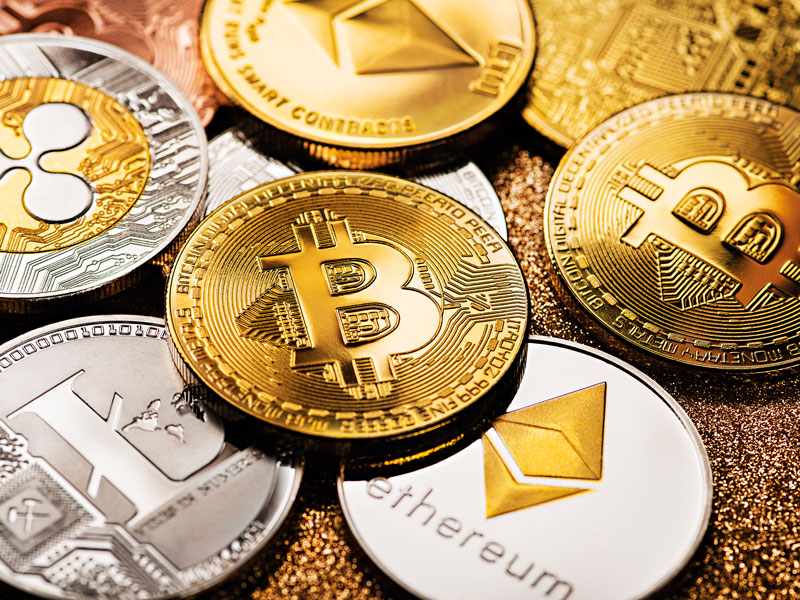Digital currency is a form of money that does not have any physical presence. It is made up of a digital wallet that is linked to an account at the Federal Reserve, a private bank, or another institution. When someone wants to buy something, they can deposit their money into their own digital wallet. This way, they do not have to deal with the complex network of networks involved in electronic payments, which can be expensive. Instead, they can pay with a digital wallet, which eliminates these fees.
Digital currency has two basic forms: fiat and crypto. The former is backed by the authority of a central bank, while the latter is backed only by the institution issuing it. This makes digital money more convenient for consumers and more secure for banks. However, it is important to note that digital money can also pose new risks, including hacks and privacy concerns. It is important to understand the risks associated with using digital money and keep these issues in mind when using it.
The benefits of digital money are many. First, they can streamline the financial infrastructure. Second, they can speed up and lower the cost of monetary transactions. Third, they can be used to implement monetary policy. Currently, digital currencies include cryptocurrencies, central bank digital currencies, and stablecoins. These are not without risks. For example, a hack could compromise the privacy of a user. A crypto is simply cash stored in an online bank account. Unlike traditional cash, this type of money can be sent to people around the world, and can also be used for online transactions.
Digital currency has many different definitions. The terms are often used to describe different forms of virtual currency, such as game-based virtual currency. These virtual currencies are not legal tender, but they have value in a certain community. A popular example of this is Nintendo points, which are only useful within the Nintendo ecosphere. Then there is the decentralised version, called Cryptocurrency. These virtual currencies are created independently of one another and without an overseer.
While money in its current form is created and distributed by a central bank, digital currency uses a distributed ledger to bypass the intermediaries. While money is centralized, digital currencies are decentralized, allowing a user to control the supply of their currency. This allows people to control the amount of money in their wallets. While a cryptocurrency can be created and used by many different people, the most widely used one is Bitcoin. The latter is a digital form of the traditional cash.
There are many different forms of digital currency, but there are a few major differences among them. The most common type is a type of cryptocurrency that is not legal tender. It is used to make purchases. There are also different types of cryptocurrencies that are designed to be secure. These are generally categorized according to their use. The most common type of virtual currency is Ethereum. It is a decentralized virtual currency and is not governed by any centralized authority.
While the use of digital currency is rapidly increasing, the implications are still unclear. In addition to its ubiquity, it has numerous regulatory and privacy concerns. In addition, the use of digital money can pose serious security issues. There are many security concerns associated with digital money, including hacking. While some governments may see it as a good thing, others may view it as a liability. In many countries, cryptocurrencies are not recognized as legal tender.
There are several different types of digital currency. There are those that can be centralized, while others are decentralized. Regardless of how you choose to invest, there are many advantages and disadvantages to these currencies. The main advantage is that the system is highly secure. Its users can trust the technology behind digital money. With a centralized digital currency, the information is protected. Its users can also trust the information that they store in its virtual wallet.
The creation of digital currency has many risks, and there is no clear answer to what the risks and rewards are. Some users believe that the system is only for a few companies, while others are more likely to be scammers. As with any new technology, the market for digital currency is not yet mature, and the risks are high. This is because the technology is still in its infancy, and it has not been thoroughly tested for its long-term reliability.

